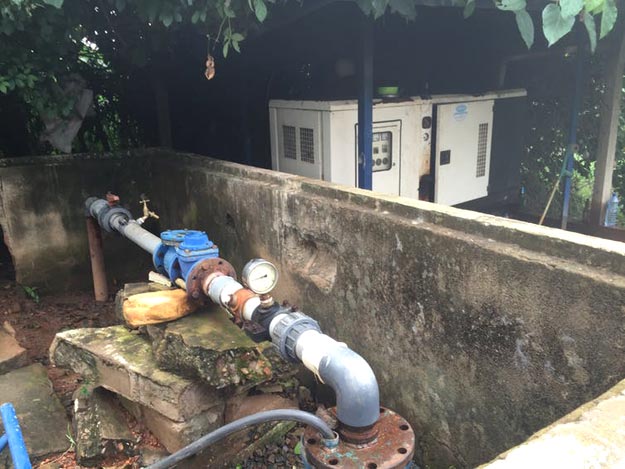Globalization, which refers to the increasing integration and interdependence of countries, is a major trend shaping world affairs around the globe. Never before has it been so likely that the bananas we eat, the music CDs we listen to, the shirts we wear, the cars we drive, and the movies we watch were produced in another country.
Globalization affects not only the production and consumption of products, but also culture, security, the environment , and the exchange of ideas. Globalization also has important implications for environmental challenges such as deforestation, climate change, pollution , biodiversity loss, and water resources.
Globalization Trends
Globalization is an abstract concept that refers to a complex process involving political, economic, and sociocultural changes. Certainly it is not a new process, because the world has been globalizing for several centuries. However, much has been written about its intensification since the 1990s.
Many forces are acting to speed globalization trends. This acceleration is due to emerging technologies (particularly information and communication), deepening worldwide acceptance of markets, and increasing free-trade activity. Globalization can be viewed as the intensification of worldwide social relations, which link distant localities in such a way that local happenings are shaped by events occurring many kilometers away, and vice versa. Nations, international institutions, corporations, and individuals all are affected. Read more












